Policing is in crisis, though not because it is institutionally racist, homophobic or misogynistic, as Louise Casey put it in her searing report on the Met this week. The crisis stems from a growing sense among the public that the police no longer share their priorities, which are to stop crime happening and investigate it promptly and effectively when it does. One of the more startling, if unsurprising, observations in the Casey report was that frontline policing was no longer a priority. Yet this has been the essence of the contract between police and the public since the time of Robert Peel, who told the Met’s first recruits in 1829: “The principal object to be attained is the prevention of crime”.
It is questionable whether that remains the case. There is a growing perception that the police no longer really know what is expected of them. The 1999 Macpherson inquiry into the Stephen Lawrence murder exposed antediluvian attitudes to race in a rapidly diversifying capital city and undermined officers’ confidence in how to police non-white areas. The Met has tried ever since to put systems in place to address this, only to be told a quarter of a century later that it is still “institutionally racist”. This term is not only unhelpful but inaccurate. The fact that there are some people in the force with racist attitudes does not make it institutionally so. It is a term too readily bandied about.
This crisis of identity is not confined to the Met and nor is it all the fault of police officers, who are often responding to perceived political pressure to focus more on what nasty people say on Twitter than what bad people do on the streets.
Policing was once relatively straightforward, but has become fiendishly complex, politically contentious and risk-averse, not least because officers are so easily hung out to dry when they get things wrong. They are often dealing with the dregs of society in difficult circumstances from which most of us would run a mile, so they are bound to foul up occasionally.
I remember Doreen Lawrence, the mother of a murdered son, telling a Commons select committee a few years ago that “a majority of people are law-abiding and want to be treated with respect”. She added: “A crime is a crime and it doesn’t matter who commits it but it should be properly investigated.” That seemed to sum up what most of us think, so why is it so difficult to achieve?
Part of the answer lies in the testimony to the Casey review from serving frontline officers who complained about “initiative-itis”.
“There is no long-term thinking… the Met substitutes action with activity,” said one. Another said: “The goal is always about perception, optics and being seen to do something.”
Casey said the problem with the Met was its culture and yet there have been no shortage of attempts to change it, albeit “with little evidence of sustained or coherent implementation or follow-up”. It is not true that the Met, or other forces, do not recognise the importance of cultural change: the problem is they often think of little else. Whereas the demands of frontline policing should be the number one focus for the Met’s senior management, instead it has been allowed to degrade. How has it come to this? Policing was one institution that proudly stood comparison with the very best in the world: predominantly unarmed, impartial, independent and comparatively incorruptible, despite bad apples. The police were a reflection of the very essence of Britishness. Not for us a Continental, military-style Carabinieri of whom the general populace walked in fear and distrust.
The good old bobby in his serge blue jacket and pointy hat summed us up nicely – as, by and large, a pretty safe and orderly nation, where the rule of law prevailed and was properly enforced. “Your police are wonderful” used to be the refrain of American tourists. Maybe it still is, but less so than before.
There is, of course, always a danger of mythologising the past. For all Casey’s ferocity, police today are models of propriety in comparison to 30 or 40 years ago. Their behaviour has had to improve. But somewhere along the way they lost a sense of direction, providing neither the avuncular on-the-beat presence of an earlier age of police fiction, Dixon of Dock Green, nor the tough guy, get-the-results attitude of The Sweeney. Policing is unquestionably cleaner but, for good or ill, far more rules-based.
Recruitment and vetting evidently need addressing given the presence in the ranks of people like Wayne Couzens, the killer of Sarah Everard. The misogyny allegation is serious and yet nearly one third of officers are women and the Met was led by a woman until recently. But what is needed above all is good front-line officers with the skills, empathy and experience to cope with the job and yet many forces are hollowed out, with middle ranks leaving in droves. But while internal structures matter, it is losing the connection with the people that is the greatest threat to policing by consent. The complaint about today’s policing is less about taking a bung or fabricating evidence, even if both still go on, but of losing touch with the essential Peelian principle that “the police are the public and the public are the police”.
If you are burgled and no one investigates, if gangs and drug pushers operate in your neighbourhood with impunity, or if your police station has closed down and officers on foot patrol are rarely, if ever, seen, then that contract is broken, even if police themselves say they are too bogged down in red tape and often required to be an arm of the social services to fight crime.
This is hardly the first crisis policing has faced, but it is arguably the most dangerous because so many reforms have already been introduced, from new standards units to direct intervention, league tables, performance indicators, an ill-fated attempt to regionalise county forces and more centralisation.
Yet none of these addressed the popular demand for the reassurance and order provided by visible policing. The criticism in the Casey review may have grabbed the headlines, but it leaves open the fundamental question: what do we expect the police to do? It has been 60 years since a Royal Commission tried to answer that. Another is long overdue. DT.
.jpeg)


.jpeg)

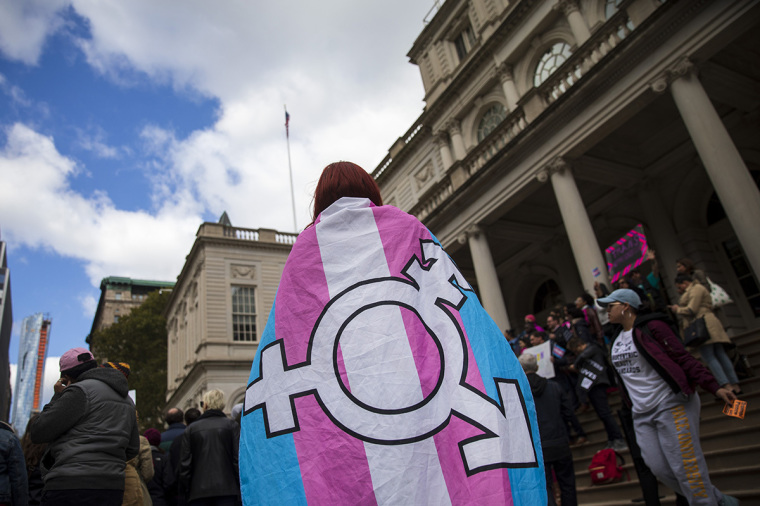
.jpeg)
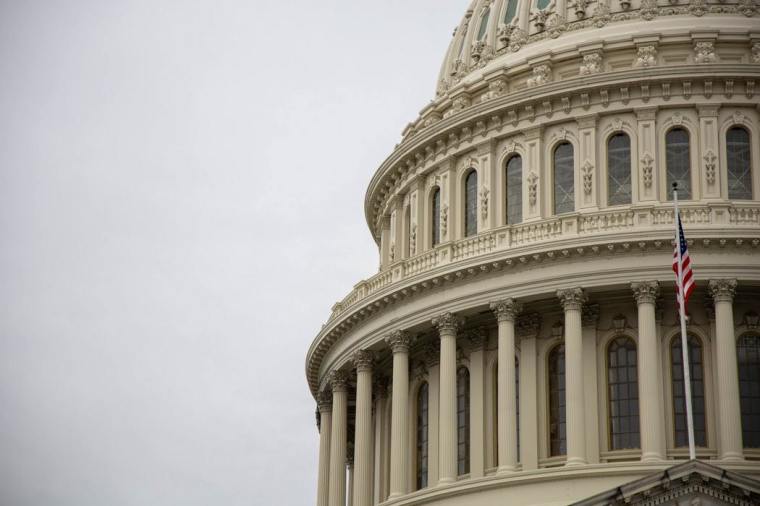


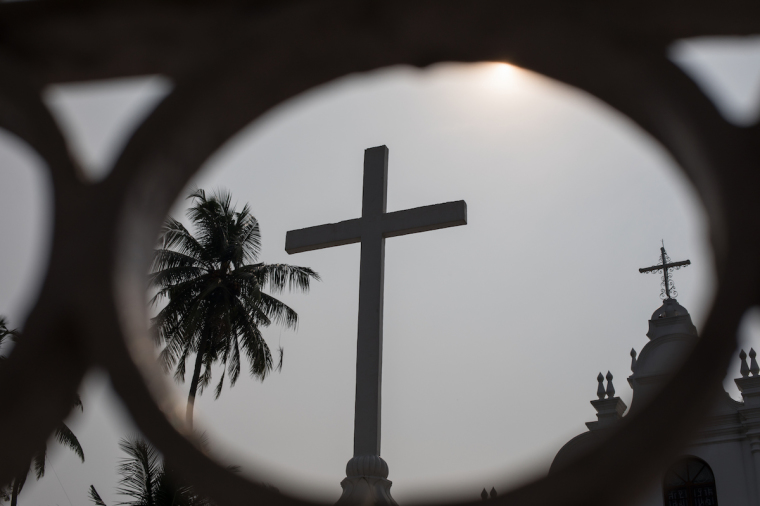
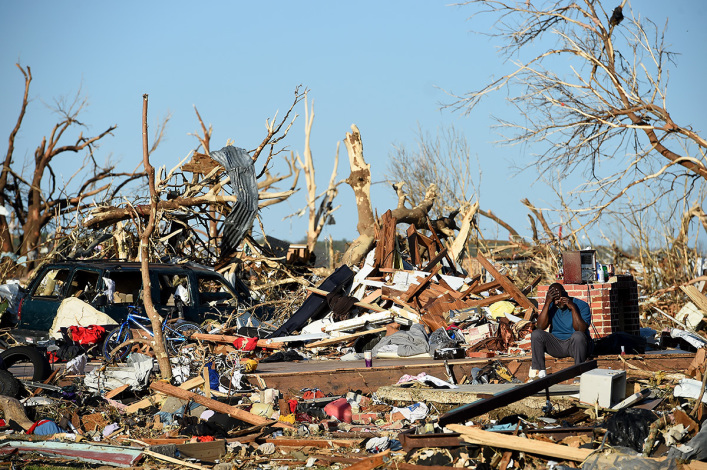
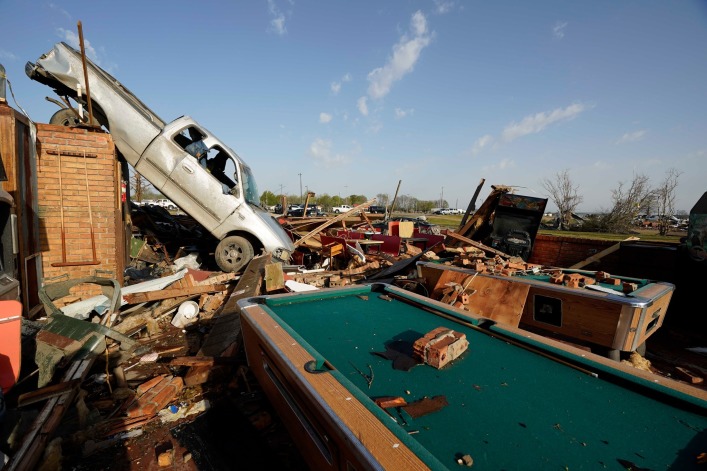

.jpeg)


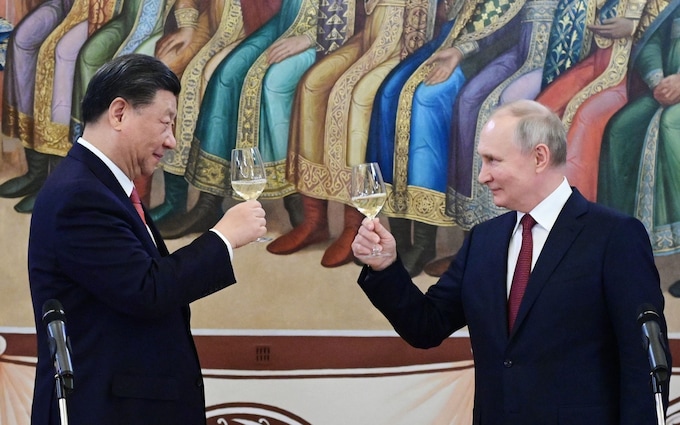

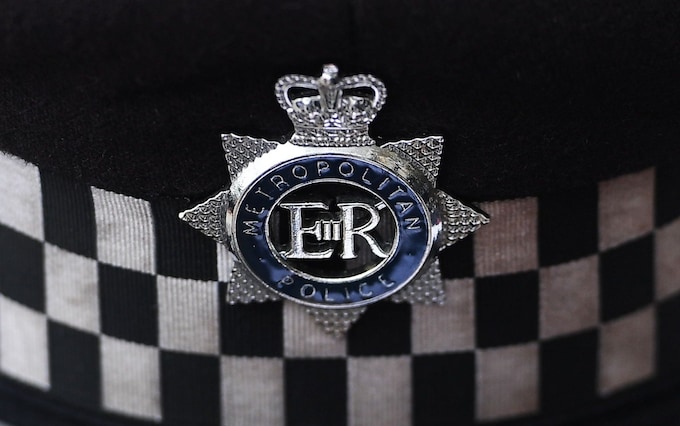




.jpeg)